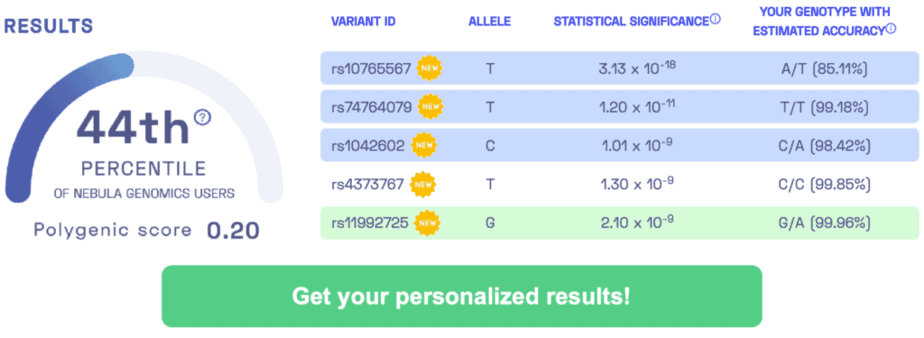SUMMARY: This study identified hundreds of new genetic variants associated with risky behavior in genes, most of which are highly expressed in the brain.
DESCRIPTION: Risky behavior is thought to play a role in many psychiatric disorders. For example, patients with anxiety disorders and obsessive-compulsive disorder may perceive more situations as risky than other individuals. In this study, several genome-wide association analyses examined 1 million individuals with European ancestry who self-reported their inclinations towards risky behavior. Risk tolerance was measured using various behaviors: adventurousness, automobile speeding propensity, drinks per week, smoking, and the number of sexual partners. Hundreds of genetic variants were identified in or near genes that are highly expressed in the brain and play a role in signaling between neurons. These variants collectively explained an estimated 5% of the heritability in general risk tolerance.
DID YOU KNOW? Risky behavior is thought to play a role in many psychiatric disorders. For example, patients with anxiety disorders and obsessive-compulsive disorder may perceive more situations as risky than other individuals. [SOURCE]
SAMPLE RESULTS: Learn more about the Nebula Research Library.

RISKY BEHAVIOR-ASSOCIATED VARIANTS: rs993137, rs7783012, rs9641536, rs2409095, rs35424804, rs2409669, rs3764002, rs4271249, rs3781373, rs58560561, rs6748341, rs1531518, rs13095117, rs10865313, rs4551267, rs1233508, rs940174, rs10190777, rs12202969, rs6426658, rs992493, rs55745410, rs12546540, rs56738524, rs6987057, rs2176263, rs1799796, rs75254175, rs1211538, rs77182875, rs4762097, rs10191477, rs12751210, rs786250, rs1051920, rs2239030, rs2172845, rs2153515, rs12705985, rs475125, rs12210560, rs11080149, rs2325036, rs1417998, rs62519839, rs624244, rs74068655, rs983583, rs7387531, rs11655325, rs669086, rs7594447, rs6884452, rs6874731, rs7003528, rs2350771, rs114459574, rs4605551, rs13327339, rs8091761, rs12037322, rs12487748, rs7145844, rs7818737, rs10043722, rs2798421, rs58400863, rs12413701, rs140116958, rs10007598, rs4782274, rs114600294, rs28361032, rs918755, rs3849046, rs13273716, rs67361341, rs10860328, rs35606600, rs72965482, rs163503, rs17573719, rs4537316, rs6880870, rs55678495, rs1110320, rs198801, rs2357023, rs77706698, rs1328110, rs6778487, rs4671351, rs12547439, rs741273, rs7624230, rs253754, rs10007784, rs9329227, rs17579930, rs13030106, rs1438026, rs2470951, rs149934732, rs62262269, rs1369420, rs4709200, rs7965253, rs13251864, rs2003485, rs2063886, rs8078436, rs687790, rs7192890, rs62425620, rs17328201, rs2249190, rs60359704, rs10905461, rs1374197, rs9388490, rs75681102, rs7099822, rs13249227, rs1935571
ADDITIONAL RESOURCES:
Overview of risky behaviors associated with youths
More about neurotransmitters
WEEKLY UPDATE: August 2, 2019
